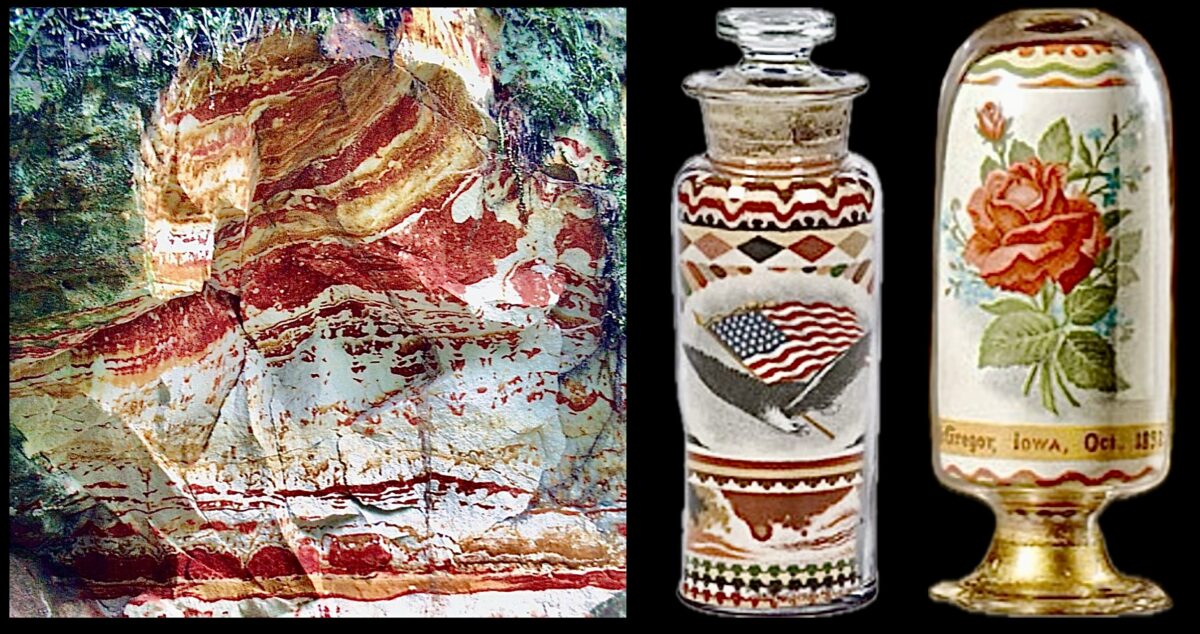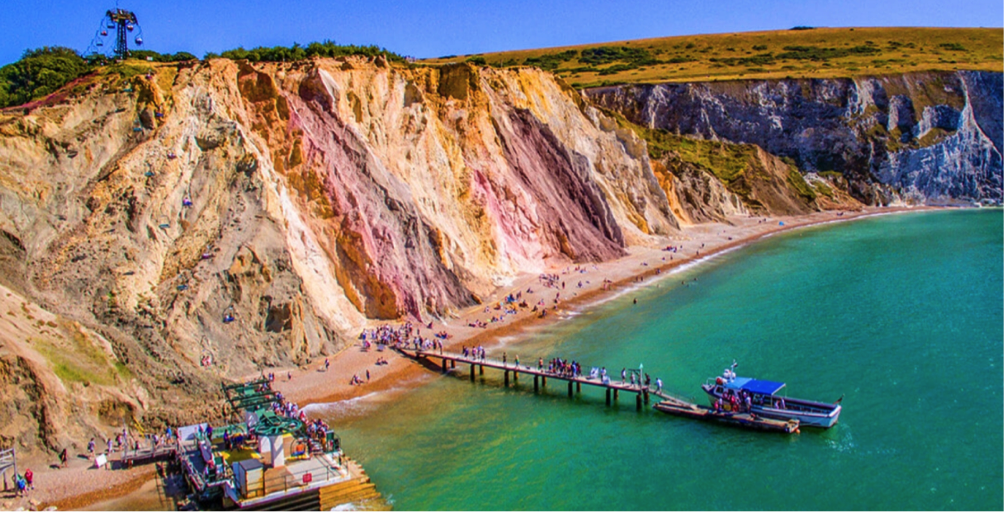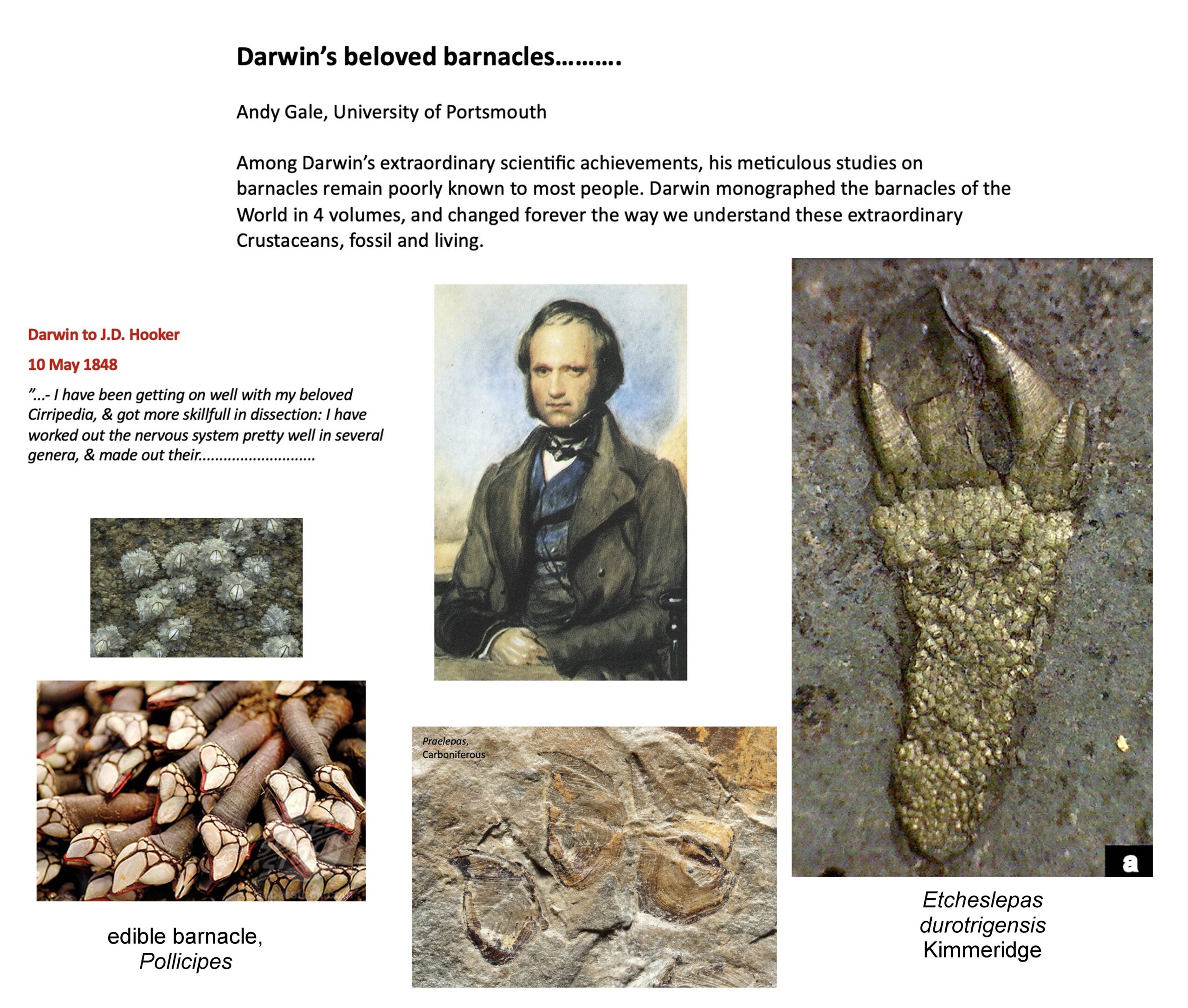
Dorset Geologist’s Association Group (DGAG) will host a talk on the Tuesday 18th November 2025.
Title: Darwin’s “beloved barnacles”; solving evolutionary problems with fossils.
Speaker: Professor Andy Gale (University of Portsmouth)
Time: Talk will start at 7pm; finish approximately 8pm
Venue: Activity Meeting Room: Dorford Centre, Bridport Road, Dorchester, DT1 1RR
Lecture Entry Cost: All welcome: £6 non-members (£5 for DGAG members), cash best.
Booking a seat: contact Chris Webb at email: events@dorsetgeologistsassociation.org
Talk Description: The speaker has provided an introductory teaser diagram and quote for what promises to be fascinating talk about one of early explorers of Earth Science.
2nd Photo: – extract from Chapter 14 by Andy Gale (Page 293) in book: Fossils of the Kimmeridge Clay Formation – Ed D.M. Martill & S. Etches. 2020.
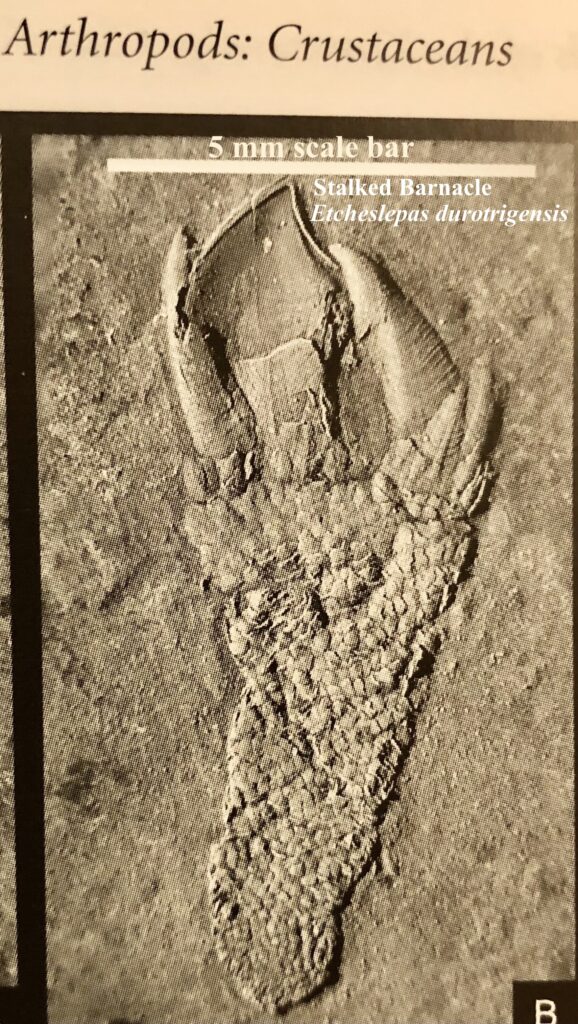
Additional Links:
- Link to an interesting paper from 2023 ; one of many references
https://www.researchgate.net/publication/374613025_Mr_Darwin%27s_Beloved_Barnacles_Using_Cirripedes_to_Understand_Evolution_in_Origin_of_Species
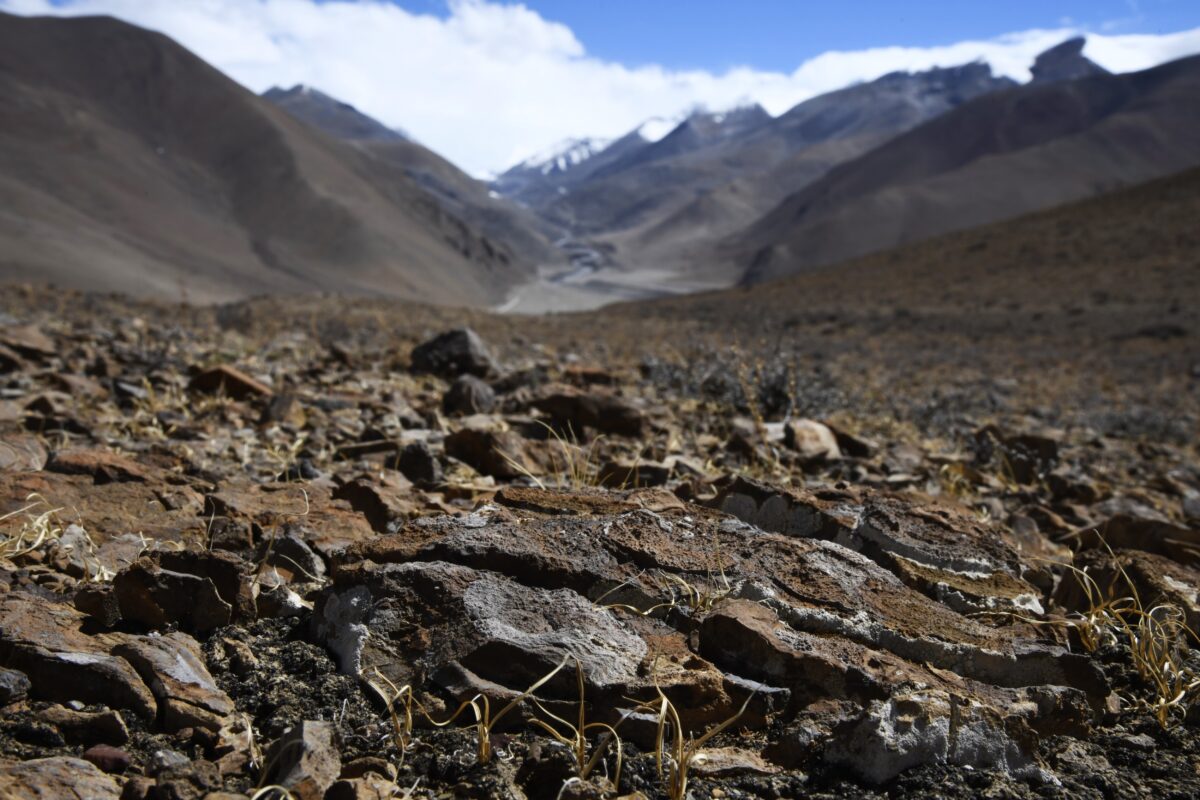
Dorset Geologist’s Association Group (DGAG) will host a talk on the Tuesday 21st October 2025.
Title: From Tethys to the Himalaya — Fossil Fishes Witnessed the Qinghai-Tibetan Plateau’s Dramatic Transformation
Speaker: Gengyu Fang; PhD Student in Palaeobiology
University of Bristol; Natural History Museum, London
Time: Talk will start at 7pm; finish approximately 8pm
Venue: Activity Meeting Room: Dorford Centre, Bridport Road, Dorchester, DT1 1RR
Lecture Entry Cost: All welcome: £6 non-members (£5 for DGAG members), cash best.
Booking a seat: contact Chris Webb at email: events@dorsetgeologistsassociation.org
Speakers’ summary – Talk Description: The Qinghai–Tibetan Plateau (QTP) lies at the centre of Asia and averages over 4,500 m in elevation, making it Earth’s highest plateau. Since the Mesozoic, spectacular tectonic events have built the plateau and driven profound environmental shifts, transforming the region from the ancient Tethys Ocean to today’s alpine steppe. However, the timing and mechanisms of uplift, the pathways linking environmental change to ecological response, and the assembly of the region’s distinctive biodiversity remain open questions.
The QTP’s dramatic tectonic history produced a series of sedimentary basins that preserve abundant fossils and record the co-evolution of biodiversity and uplift. Palaeontological research in the region began in the early twentieth century, most notably with the Sino-Swedish Expedition led by Birger Bohlin, who pioneered fieldwork in the Qaidam Basin on the QTP’s northern margin. Over the past century, Chinese and international researchers have continued this legacy, conducting extensive fieldwork and gradually piecing together the QTP’s uplift history.
The presenter is a PhD student in palaeoichthyology whose project applies new methods to re-examine fish fossils from the QTP. Over the past nine years, he has been deeply involved in the Second Tibetan Plateau Scientific Expedition and Research (STEP), participating in more than ten field expeditions across the QTP and covering strata from the Lower Triassic to the Neogene. In this talk, he will introduce a relative of Helicoprion that once swam in the Neo-Tethys; tropical fish fossils discovered in the plateau’s icy, windswept interior; Pliocene cyprinids adapted to extreme aridity; and records tracing the assembly of modern fish diversity on the plateau. He will also share field experiences— month-long camps in desolate salt deserts, expeditions through the Qiangtang National Nature Reserve, and collaborations with mountaineers at a fossil locality at over 6,000 m above sea level.
Photo: Courtesy of the speaker; An ammonite fossil from the Mount Qomolangma region – ammonites in the foreground!-Editor
Additional Links: Pending
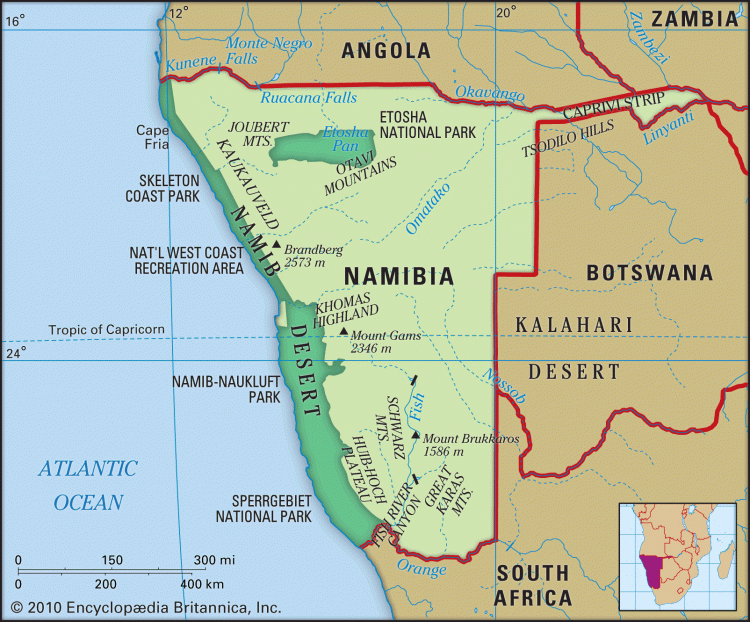
Dorset Geologist’s Association Group (DGAG) will host a talk on the Tuesday 23rd September 2025.
Title: Diamond ‘Stratigraphy,’ SDRs & LIPs*, A 1200 km ‘Restricted’ Margin and a new oil province: The Orange Basin Offshore Namibia & South Africa: An Aggressive Passive (Passive Aggressive?) Margin Basin
Speaker: Allan Scardina (Upstream Decisions LLC) who has forty plus years in exploration geology (Oil/Gas) in many parts of the globe.
Time: Talk will start at 7pm; finish approximately 8pm
Venue: Activity Meeting Room: Dorford Centre, Bridport Road, Dorchester, DT1 1RR
Lecture Entry Cost: All welcome: £6 non-members (£5 for DGAG members), cash best.
Booking a seat: contact Chris Webb at email: events@dorsetgeologistsassociation.org
Talk Description: This promises to be an intriguing mix of “hard rock” diamonds and “soft rock liquid gold” – Editor comments!
Speakers summary:
Passive margins are named for their notional lack of significant post-rifting tectonic activity. A ‘standard’ well-behaved passive margin goes through progressively slowing tectonic subsidence related to the cooling of the underlying crust. That is, most of the time.
However, in some cases, passive margins are anything but. The extensive Orange Basin offshore Namibia and South Africa is one such ‘aggressive’ passive margin. The rifting phase appears to have been heavily dominated by the development of seaward dipping reflectors (SDRs), probably in two different phases. However, the origins of these SDRs may not be what is commonly assumed by the “SDR” nomenclature. Post-rift uplift (rebound?) created one-to-several regional ridges that significantly impacted future clastic and carbonate facies development. The boundaries of the greater Southern Africa margin were, in the Aptian (exact timing may vary along the margin), geographically restricted by hot spot-generated ridges, leading to a Mediterranean-scale silled basin and the development of a thick organic-rich marine layer that is the source rock for the recent petroleum discoveries. Significant uplift (ca. 1000 – 2000+ m) of the southern African Plateau in the Late Cretaceous- Early Tertiary and linked tilting and erosion of the margin resulted in the development of at least two interconnected updip extensional-downdip compressional systems and contributed considerably to the development of both the rich placer deposits of high-quality diamonds that makes Namibia the world’s leading sources of “marine” diamonds and the turbidites containing some of the recent large hydrocarbon discoveries. The active nature of this margin continues into the Tertiary with present-day earthquakes up to M5 and seamounts probably linked to Late Tertiary volcanics in the deep offshore, both of which might be related to a reactivated transform system or underlying deep mantle processes.
This talk will illustrate the above events, place them in a regional context, and highlight several remaining uncertainties along the margin. It will also touch on the geopolitical impact of geology.
*Large Igneous Provinces = LIPs
Seaward Dipping Reflectors on seismic records = SDRs
Photo: Courtesy of the Encyclopedia Britannica pending better from the speaker
Additional Links: Pending more information





